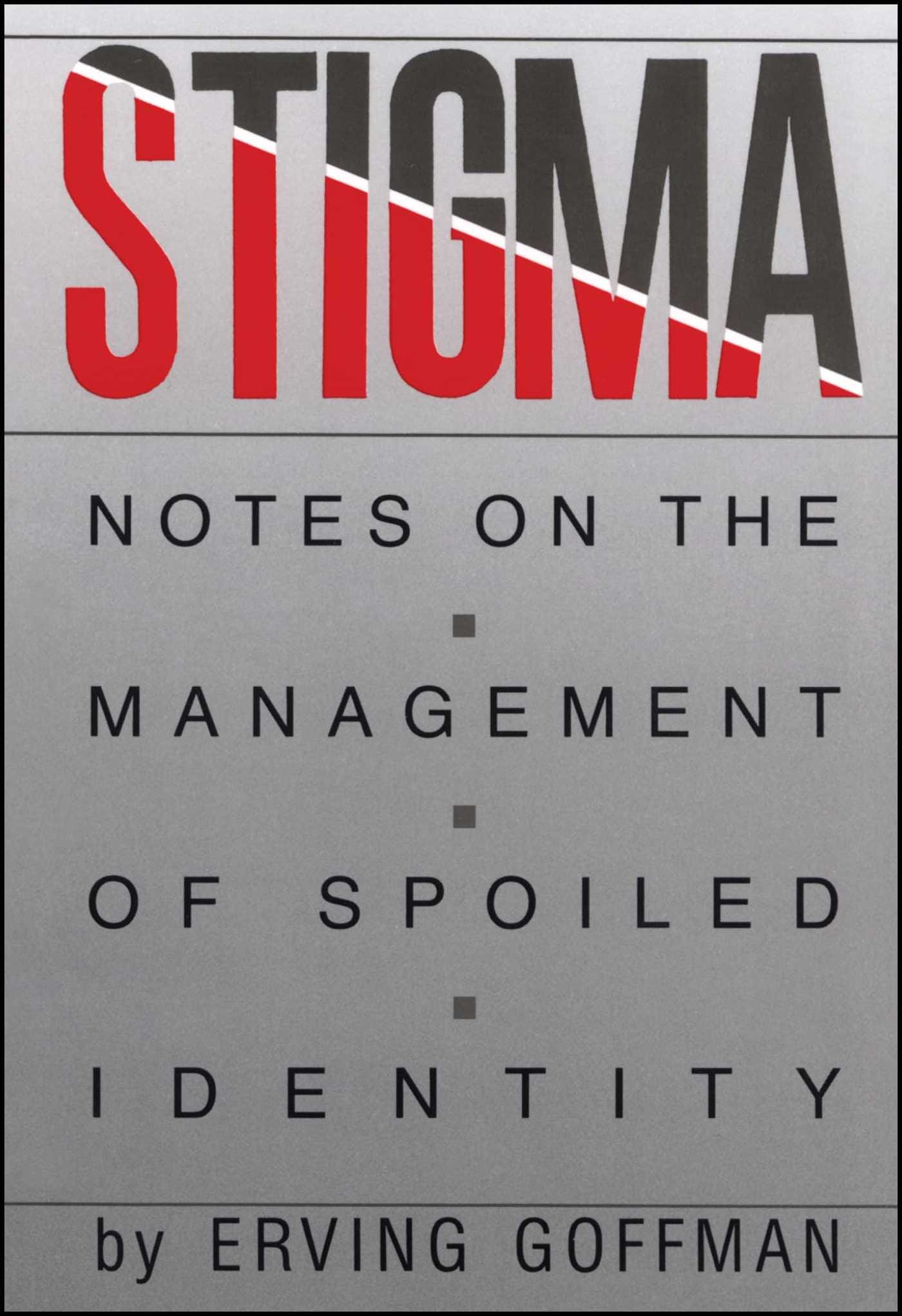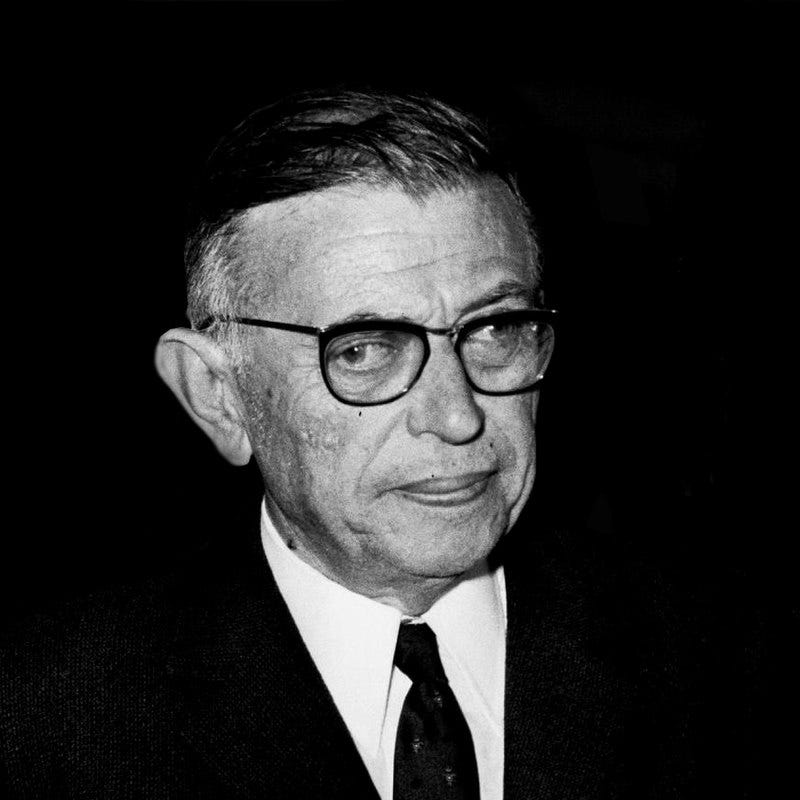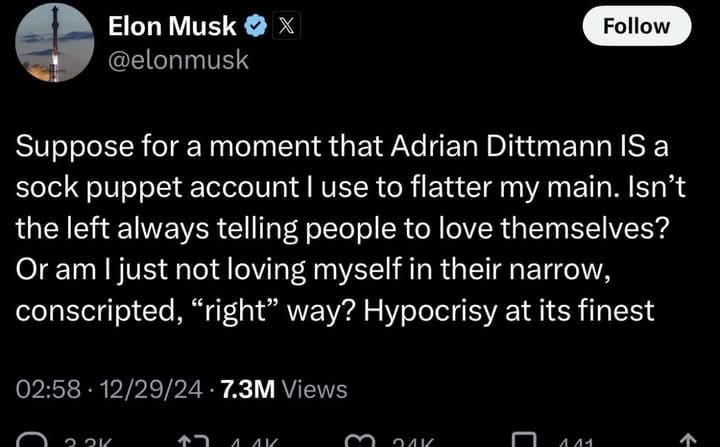On December 27 it was confirmed through multiple sources that the “Adrian Dittmann” Twitter account is an Elno Skum sock puppet, a social media algorithm-manipulation strategy where a virtual identity is created for the purpose of boosting a primary public account’s engagement and the illusion of support.
Sock puppetry is time-consuming, and the fan-boy focus on boosting one other account in particular will give it away to curious observers. Which is what caught Elno. He could have fired up another account and let Dittmann sit on the servers, unresponsive until no one was talking about it anymore, but that is not how he rolls.
Instead, he gave multiple interviews using the weakest of audio alterations to try to fool the people recording them. “Dittmann’s” singular accent—a mix between Afrikaans, British- and California-English—along with slipping into the first person when talking—is unmistakably Elno’s.
Sociologist Erving Goffman’s work focused more than anything else, on the Self. The Self is a social thing—it cannot exist without others. Even the status of being by oneself is to indicate being set apart from when that Self is among Others [an entire chapter of Stigma concerns “The Self and its Other”].
Society establishes the means of categorizing persons and the complement of attributes felt to be ordinary and natural for members of each of these categories. Social settings establish the categories of persons likely to be encountered there. The routines of social intercourse in established settings allow us to deal with anticipated others without special attention or thought…
We lean on these anticipations that we have, transforming them into normative expectations, into righteously presented demands.
Typically, we do not become aware we have made these demands or aware of what they are until an active question arises as to whether or not they will be fulfilled. It is then that we are likely to realize that all along we had been making certain assumptions as to what the individual before us ought to be. Thus, the demands we make might better be called demands made “in effect,” and the character we impute to the individual might better be seen as an imputation made in potential retrospect—a characterization “in effect,” a virtual social identity. The category and attributes he could in fact be proved to possess will be called his actual social identity. (Goffman, E. 1963. Stigma Touchstone. p.2).
The “Adrian Dittmann” account was revealed to be part of the actual social identity of Dittmann’s idol. Thus we learn another biographical fact about him—a discrediting one. Sock puppets exist to sell things, the first of which is the appearance of engagement and public support.
The responsibility to and for oneself gives rise to an existential dilemma. One may make claims about oneself one sincerely believes are true, but should enough others disconcern themselves with the foundation of such claims, they are not true. We are considered to be fully responsible for the Self, yet at the same time, fundamental elements of the Self are not ours to control. “I didn’t ask to be born,” is how many of us first expressed our existential unwillingness to accept social responsibilities that come with the Self. Our inclination is to bad faith.
One does not gain the ability to lay claim upon more wealth than any other person on the planet by putting other people first. As a high school coach once told my team, “Every moment you spend with your nose in a book is a moment when someone else is becoming a better ballplayer than you,” the same applies to looking out for number one. The moments spent considering others are moments lost forever—you will never make it to the top by thinking about them.
But no matter how we try to convince ourselves we can stand alone, that the individual is the basic building block of society, other people keep reminding us we need them in order to have a Self.
Goffman also covered the phenomenon of fame, noting that it is a condition where information about oneself is widely known by others, while one knows virtually nothing about those who know much about them. There is an industry developed around celebrity, beyond managing appearances and contracts, to include security, travel, real estate, personal events, and public image management. The last one is how a non-performer celebrity lands a spot hosting Saturday Night Live, which is another thing Elno and his purchased pet politician have in common.


You’ve heard of John Barron, right? He did not have a terribly unique accent to give him away—he sounded like a guy from Queens who happened to work for the Trump Organization and sounded just like Donald Trump on the phone. And after Melania gave birth, they named the boy “Barron,” and John Barron disappeared.
Viable social theories will apply to people regardless of their social class. The responsibility for the Self and the mores of culture apply to everyone. Ego and self-esteem are equally vulnerable to informal social controls like name-calling and ostracism. It matters not the status one aspires to have—should stigmatizing claims about that Self be accepted by Others—that status is jeopardized.
In a purely cultural sense, social class consciousness will stigmatize excessive accumulation. One cannot buy one’s way out of such a stigma, so the solution is to invent a supportive Other to make counter-arguments appear organic and authentic.
Exposure of such information is discrediting in itself. We know we are wiser now to disregard all social support for the transgressor.
UPDATE Mon. 12/30/2024 4:20 p.m. EST
“He can voluntarily disclose himself, thereby radically transforming his situation from that of an individual with information to manage to that of an individual with uneasy social situations to manage, from that of a discreditable person to that of a discredited one.” —E. Goffman. 1963. Stigma. Touchstone. p. 100.
It was not quite voluntary, and this is not quite a disclosure.
January 20, 2025 ADDENDUM:
https://www.facebook.com/reel/915878710747887
“Adrian Dittmann” is a recurring character in a series of over 30 romance novels published by one “author” in a 3-month span. One such story features a female lead character who wants to fuck Elon Musk.
LAST CHANCE!!!
Final note for today, and through the remainder of 2024: Please consider buying a full 2025 subscription to my page for yourself or as a gift for someone you know will enjoy critical approaches to social power. It’s 50% off for the full year (just $50) if you purchase before December 31. That’s less than a dollar a week, and your support keeps the public sociology alive, literally. Thanks!







